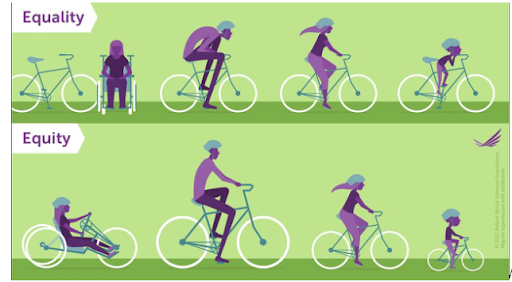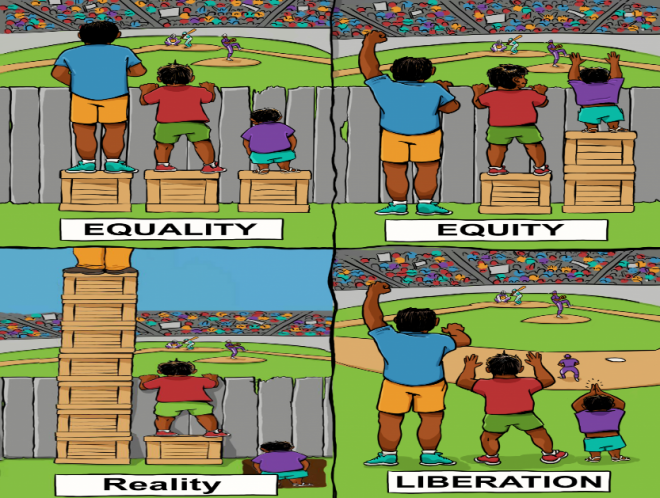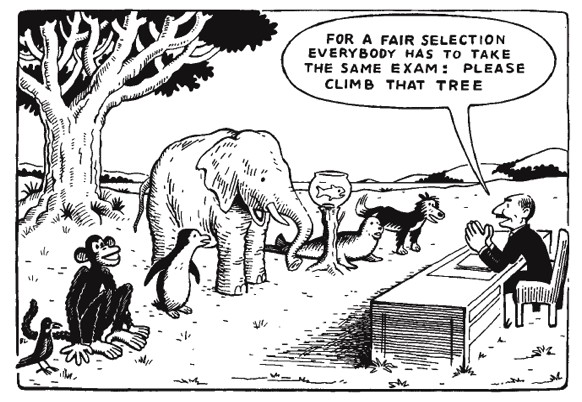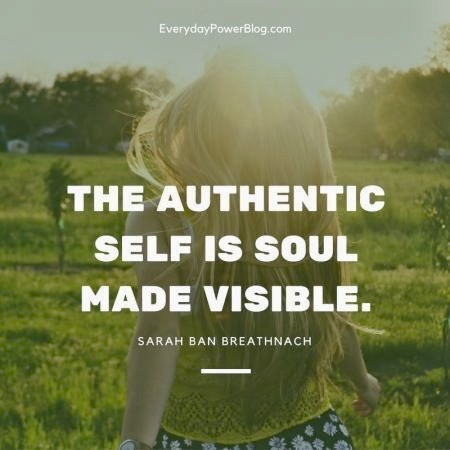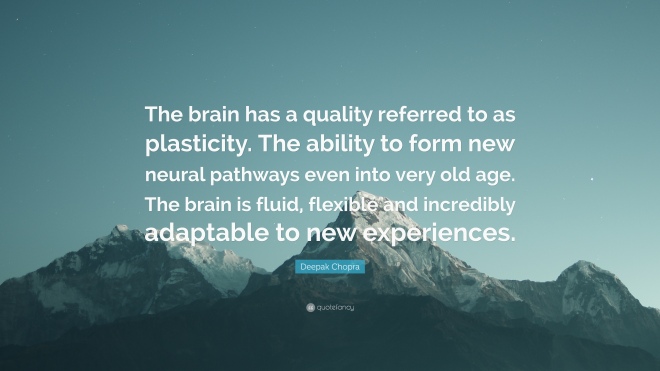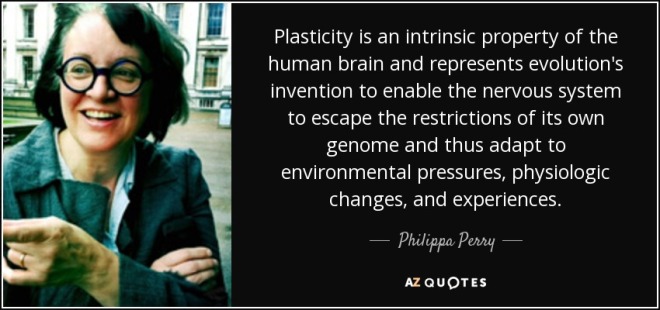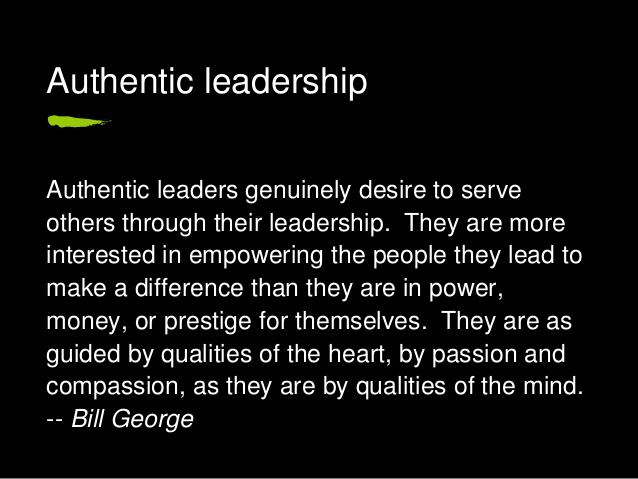Three national/Federal organization that appealed to me are as follows:
- NAEYEC. I chose this organization because they have a strong position on educational equality, placing us, educators, as vital participants on this worthwhile goal. Their position statement on advancing equity on early childhood education reads
“All children have the right to equitable learning opportunities that help them achieve their full potential as engaged learners and valued members of society. Thus, all early childhood educators have a professional obligation to advance equity. They can do this best when they are effectively supported by the early learning settings in which they work and when they and their wider communities embrace diversity and full inclusion as strengths, uphold fundamental principles of fairness and justice, and work to eliminate structural inequities that limit equitable learning opportunities” (NAEYC, n.d.)
2. I also chose the U.S. Mission to the Organization For Economic Cooperation & Development.
I chose this organization because the Secretary of the OECD published a report on the importance of reaching Equity and Quality Education for all. The secretary, in a coherent and comprehensive manner stated the need for all nations to work for equity and quality in education. He or she also, lucidly articulates the disastrous social economic domino-effects that the lack of equity and equality in education has at an individual and collective effect in people and countries as a whole, recommending actions that at the end would be profitable to all stakeholders involved by increasing poor people chances for jobs while decreasing expenses in social welfare and prisons resulting in a richer countries. This eloquent report and initial statement states in part that:
“The highest performing education systems…combine equity with quality. They give all children opportunities for a good quality education. This report presents policy recommendations… to help all children succeed in their schooling. It also provides evidence on how to support disadvantaged students and schools,…
School failure penalizes a child for life.. {he or she} has fewer life prospects. Educational failure also imposes high costs on society.. damages social cohesion and mobility,.. calls for additional costs on public budgets to deal with the consequences..and creates greater criminality, among others. For all these reasons, improving equity in education… should be a high priority in all OECD education policy agendas.
… This means that investing in high quality schooling and equal opportunities for all from the early years to at least the end of upper secondary is the most profitable educational policy. Students who have enriching school experiences will be more likely to stay in education and successfully transfer to the labour market. Those who struggle at early stages but receive adequate, timely support and guidance have higher probabilities of finishing, despite any difficulties in their family or social background.
… Yet, while most education ministries highlight the reduction of school failure as a priority, OECD countries show little consistency in their policies and practices to support low performing disadvantaged schools and students. Challenges remain as to what types of policies and practices work best, and how to implement them” (OECD 2012),
3. The Civil Rights Project at UCLA.
I chose this project because educational equity is also a civil right. Te CRP mission is to help restart the civil rights movement by serving as a bridge between research and action, by providing data for that movement and to help with raising awareness of the obstacles that need to be understood and overcome in order to succesfully achieve equity for all, (including educational equality). Their mission states:
“…create a new generation of research in social science and law on the critical issues of civil rights and equal opportunity for racial and ethnic groups in the United States..We believe that either the country will learn to deal effectively with the richness of its astonishing diversity or it will lose pace in a globalizing world and decline and divide…”
It has produce over 400 studies, published over 15 books and countless reports from researchers around the country, (The Civil Rights Project, n.d.).
Jobs or Roles
A) Inspector/Assessor at NAEYC.
Skills Needed: “Experience in a setting serving children from birth through age 8;
Understanding of the NAEYC Accreditation process
Demonstrated observation skills, including ability to use observation tools;
Demonstrated interpersonal and communication skills;
Demonstrated technological skills, including the ability to use tablets for data collection;
Basic administrative skills and professional communication utilizing technology.
It is expected that successful candidates will be objective, fair, and unbiased, adhere to conflict of interest procedures and;
Be able to communicate with program administrators in an appropriate, professional manner”
B) Events and Projects Co-ordinator, at the OECD
Main Responsibilities
“Meetings and official receptions, Prepare all logistical aspects of the meetings of the Council, the Executive Committee, the Heads of Delegation, the annual Ambassadors’ Seminar and informal briefings for Members. This includes liaising with the necessary support services on room/venue reservations, interpretation, recordings and coffee breaks, preparing table plans and name plates/country plates, co-ordinating the schedule of events, and ensuring the appropriate protocol-related preparations are in place.
Work closely with the office of the Secretary-General and in particular the Head of Protocol on supporting the logistical aspects of the Ministerial meeting of the Council (MCM) and the Global Strategy Group Meeting (GSG).
Ensure the availability of all documentation related to the meeting and distributing documents to participants, setting up equipment for presentations to be made in Council, making sure Secretariat staff presenting an item during the meeting are present in due time, establishing and managing the list of participants, etc.
Ensure the smooth functioning of official receptions, in particular by overseeing the booking of rooms, the determination of guest list by the hosts, the preparation of invitations, proposed table plans, place cards, menus, etc. Ensure that the necessary support and operational aspects are in place. Compile the relevant statistics related to the meetings on an annual basis’
C) Principal Investigator in a study on ‘Equity, Quality & in Education For All: As a Pre-requisite for Real Globalization” Skills needed: For this job I need to become a researcher or a PhD Candidate with an interest in Equity and Quality in an education for all as a important tool for real globalization. I am very interested on that.
References:
NAEYC (n.d.). Retrieved from https://www.naeyc.org/resources/position-statements/equity
OECD (2012), Equity and Quality in Education: Supporting Disadvantaged Students and Schools, OECD Publishing, Paris, https://doi.org/10.1787/9789264130852-en.
The Civil Rights Project: Projecto derechos Civiles. Retrieve from https://civilrightsproject.ucla.edu/research



